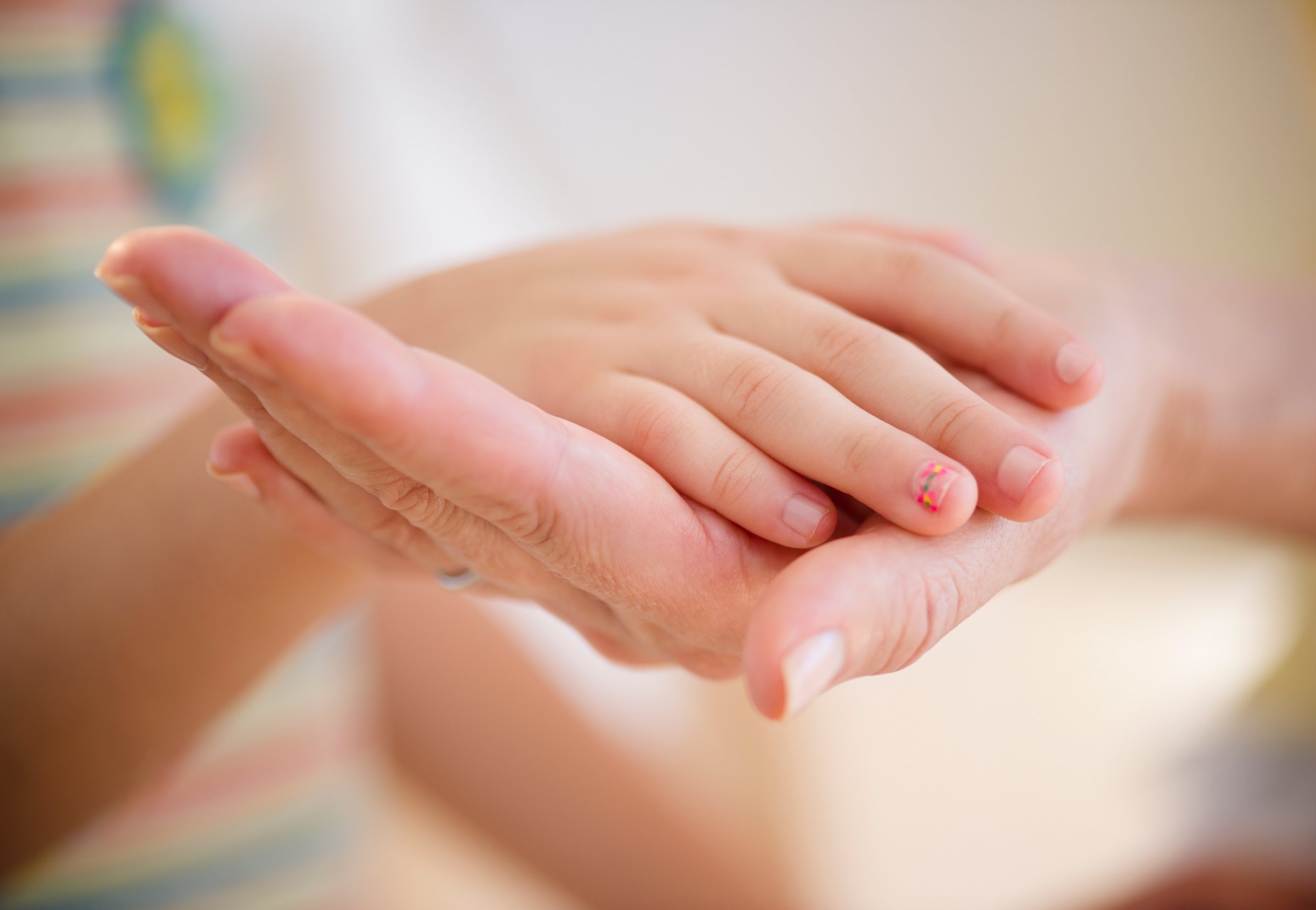
How your parents treated you as a child has long-lasting effects on what kind of adult you turn into, finds a new study in the journal Child Development.
The researchers looked at 243 kids in Minnesota from low-income families and followed them for many years, until they turned 32. Researchers studied how their mothers interacted with the kids during their first three years of life, and as they got older, they asked their teachers about the child’s social skills and academic competence. Once the kids were in their 20s and 30s, researchers asked them about their education and relationships.
Children with mothers who practiced a more sensitive kind of parenting during their first three years of life—those who responded to their child promptly, had positive interactions with their kid and made their child feel secure—went on to have more successful relationships and higher academic achievement compared to those whose mothers didn’t engage with them in this way. The influence on academics appears to be stronger, but the overall effects of parenting could even be seen past age 30.
Prior research has shown that sensitive caregiving can influence social development when a child is young, but the new study shows that even despite economic factors, this type of parenting impacts children well into their adult lives—in a wide range of unexpected ways.

More Must-Reads From TIME
- The 100 Most Influential People of 2024
- The Revolution of Yulia Navalnaya
- 6 Compliments That Land Every Time
- What's the Deal With the Bitcoin Halving?
- If You're Dating Right Now , You're Brave: Column
- The AI That Could Heal a Divided Internet
- Fallout Is a Brilliant Model for the Future of Video Game Adaptations
- Want Weekly Recs on What to Watch, Read, and More? Sign Up for Worth Your Time
Contact us at letters@time.com